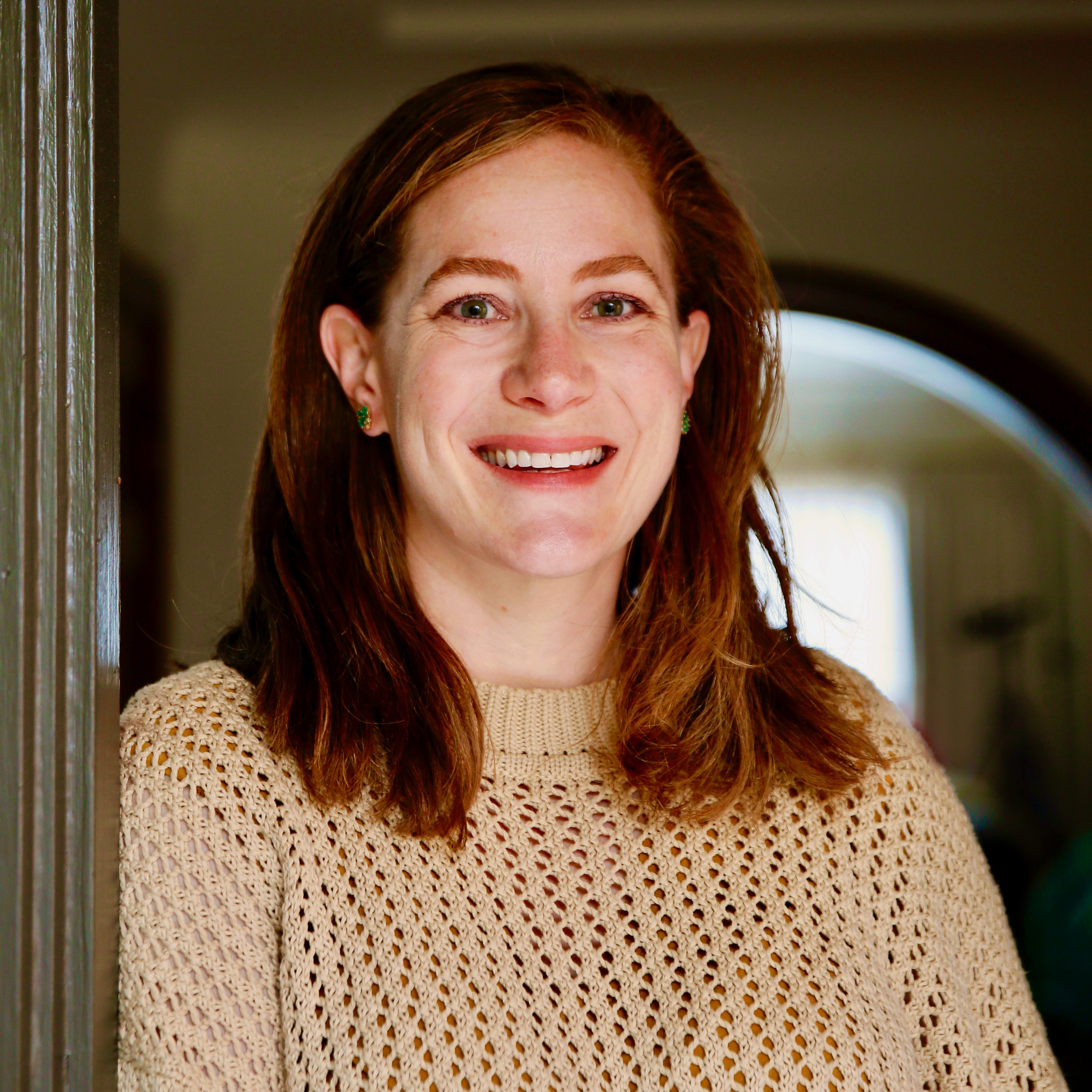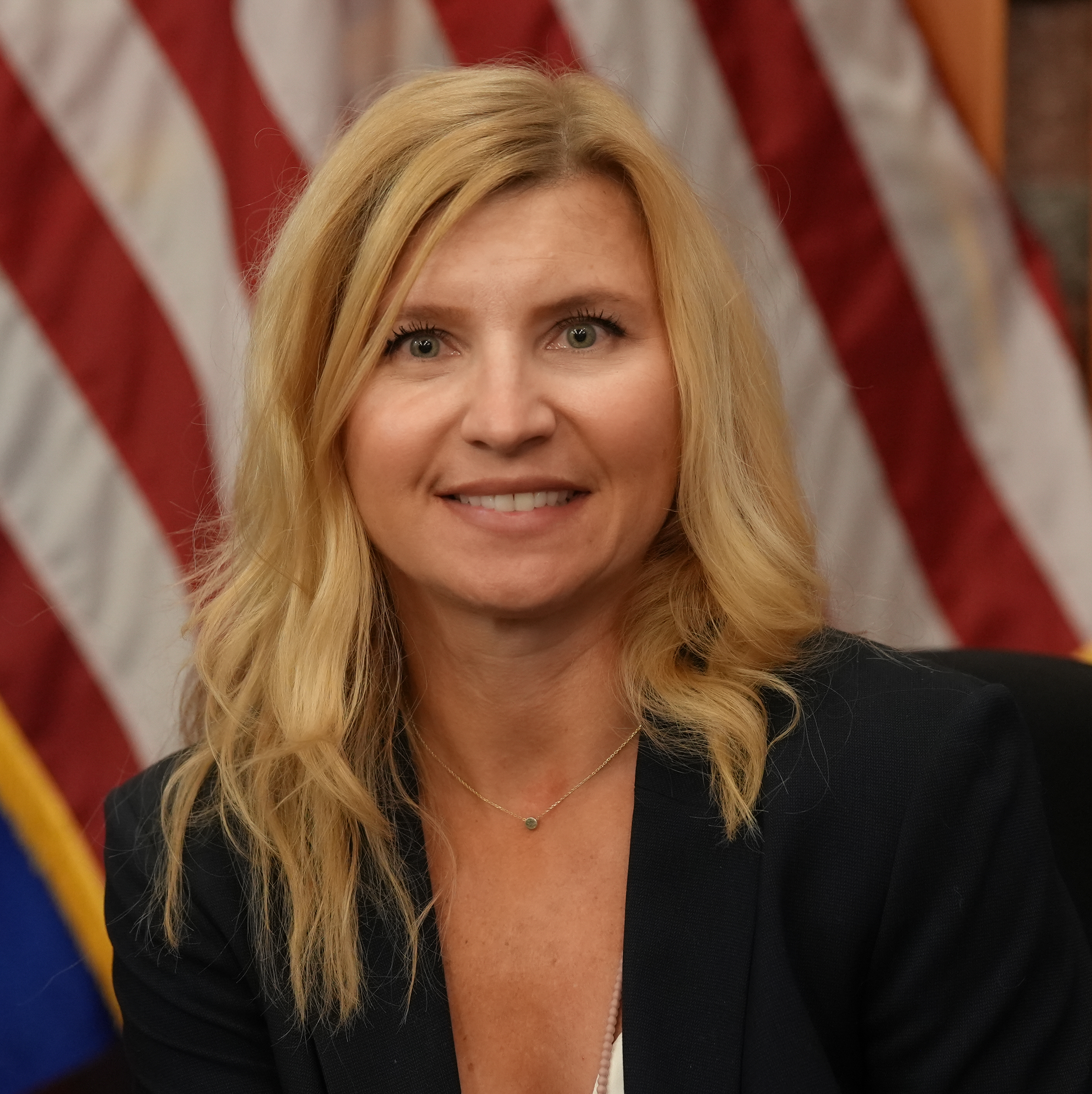- About Us
- Events & Training
- Professional Development
- Sponsorship
- Get Involved
- Resources
Planning for Childcare Facilities in Washington StateSession 2A | Wednesday | 2:45 PM – 4:00 PM (PT)
High-quality early childhood education and care strengthen child, family, and community stability and resilience. In Washington, 63% of residents currently live in a childcare desert, meaning there are more than three times as many children as licensed childcare slots available in that census tract. Because childcare is often operated by small businesses, local governments cannot require that childcare facilities always be available in particular areas but zoning rules, revised maps, and processes could both allow and incentivize its creation and core planning principles would suggest targeting areas where people live or work. How can local governments support the growth of diverse childcare options in their communities and what is the role that planners can play in this process? In this session, you'll hear from experts about planning and zoning approaches to reducing barriers to childcare facilities in communities.
 Lisa Pool, AICP Lisa Pool, AICP
Public Policy Consultant, The Municipal Research and Services Center (MRSC)
 Barbara Rosen, MBA Barbara Rosen, MBAPrincipal and Owner, Barbara Rosen Consulting, LLC
Barbara Rosen is working with Enterprise Community Partners to lead a Roundtable series with public and private leaders across sectors such as land use planning, policy, and real estate development, to explore the opportunities and barriers to expanding early childcare facilities in Washington. Barbara was born and raised in the Pacific Northwest, and her consulting work focuses on translating stories and data into actionable and effective public policies. With a background in business and social policy, Barbara enjoys working across sectors and identifying areas of opportunity and collaboration to improve outcomes for children and families.  Maria Apolonija Tobin Maria Apolonija Tobin
Program Coordinator, South Sound Military & Communities Partnership
Tobin is an Army Veteran and has a B.S. in Business Administration and Government Affairs. Tobin represents the South Sound Military and Communities Partnership, providing regional leadership to bridge the military and civilian communities surrounding Joint Base Lewis-McChord. Tobin convenes expert stakeholders surrounding issues arising at the nexus of the military and civilian communities in the South Puget Sound Region. Tobin works to establish and maintain a framework of collaboration to provide actionable and impactful recommendations to the various levels of government. Tobin leads several working groups within SSMCP, convening local and state-level stakeholders within mental health care, social services, education, housing, and childcare.  Lish Whitson, AICP Lish Whitson, AICP
Legislative Analyst, Seattle City Council Central Staff
Lish Whitson, AICP, is the Land Use and Labor Team Lead for the Seattle City Council’s Central Staff. For over ten years he has provided planning and policy support as non-partisan staff to the City Council. In 2020, he was the principal author of the Childcare Near You bill, which relaxed zoning regulations for childcare facilities throughout the City of Seattle. He previously worked as a planner for Downtown Brooklyn at the New York City Department of City Planning, and a long-range planner for the City of Seattle. He holds a Master of Regional Planning from the University of North Carolina.
|

